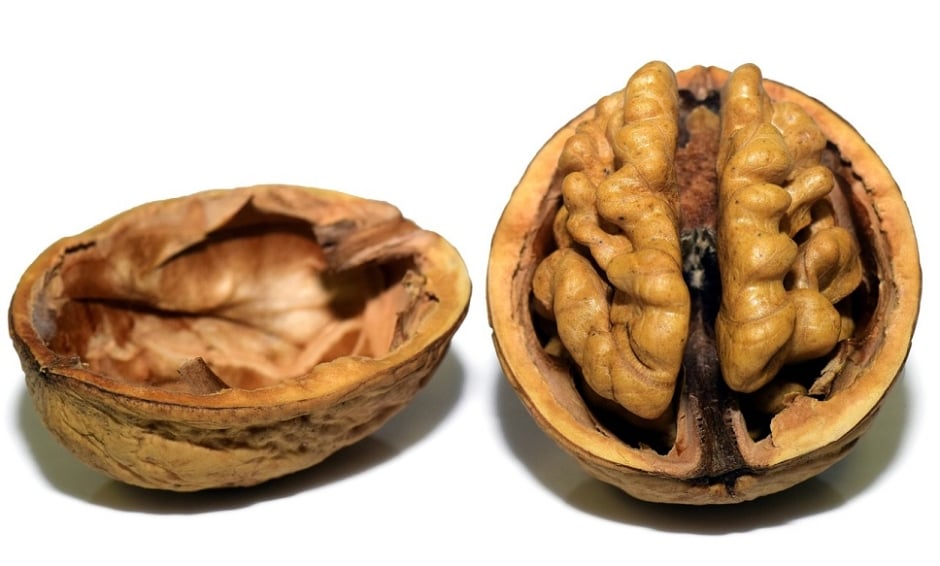EUROIMMUN Press Release
26 July, 2017 – Neurological disorders, including memory deficits, psychosis and seizures, can be caused by underlying autoimmune reactions. In unexplained neurological cases, autoantibody testing can help establish a diagnosis of e.g. anti-NMDAR encephalitis, paraneoplastic syndrome (PNS) or neuromyelitis optica. EUROIMMUN has developed a comprehensive range of assays for detection of over 35 autoantibodies in patient serum or CSF samples.
Tumour-related autoimmune reactions in PNS lead to disorders of the central and peripheral nervous system, most frequently cerebellar degeneration and sensory neuronopathies. Significantly, autoantibodies may be detectable up to five years before the tumour appears. If PNS-associated antibodies are detected, the probability of a tumour is over 95%. Thus, autoantibody positivity should always be followed up by a comprehensive tumour search. Associated malignancies are typically small-cell lung carcinoma, neuroblastoma, thymoma, and cancers of the ovary, mamma, uterus and testis. Relevant test parameters include the classic onconeuronal autoantibodies Hu, Yo and Ri, as well as further parameters such as CV2, Ma2/Ta, amphiphysin, SOX-1, recoverin, Zic4, Tr(DNER), ITPR1 and CARP.
Symptoms such as memory loss, personality changes, delusions, paranoia, hallucinations, unresponsiveness, dyskinesia, seizures, hypoventilation and dysautonomia can indicate anti-NMDA receptor encephalitis. Prompt treatment with immunotherapy and excision of tumours (often ovarian teratoma) is crucial for saving the patient’s neurological function and even life. Detection of anti-NMDAR antibodies secures a diagnosis, and this parameter should always be investigated in patients with encephalitis of unknown origin, i.e. non-infectious etiology, and in young women with de novo epilepsy. Autoimmune limbic encephalitis may also be characterised by autoantibodies against LGI1, CASPR2, AMPAR, GABAR, DPPX and IgLON5.
Demyelination of the optic nerves and spinal cord is characteristic for neuromyelitis optica spectrum diseases (NMOSD), but also occurs in multiple sclerosis (MS). Detection of the highly specific autoantibodies against aquaporin-4 (AQP-4) secures a diagnosis of NMO and provides serological differentiation from classic MS. In anti-AQP-4-seronegative patients, determination of autoantibodies against myelin oligodendrocyte glycoprotein (MOG) can aid diagnosis of NMOSD and other acquired demyelinating diseases of the CNS.
Since some anti-neuronal antibodies occur only relatively rarely, multiparameter testing is favoured over selective or sequential analysis to avoid diagnostic gaps. With EUROIMMUN multiplex systems a wide range of parameters can be tested in parallel with a single test, increasing the serological diagnostic rate for autoimmune neurological diseases.
EUROIMMUN serological tests for neurology can be performed in routine diagnostic laboratories. Neurologists can request the analyses from their usual laboratory.
Media Contacts
EUROIMMUN AG
Email: [email protected]
Tel: +49 451 58550
Web: www.euroimmun.com








